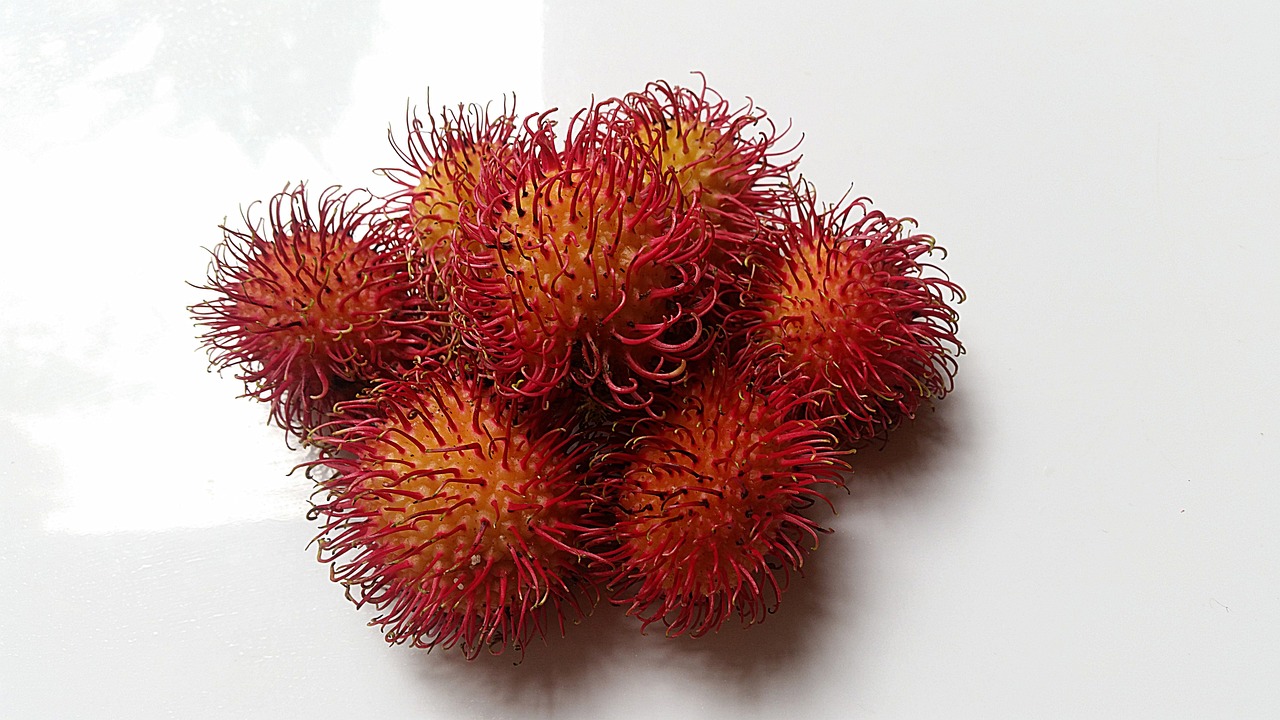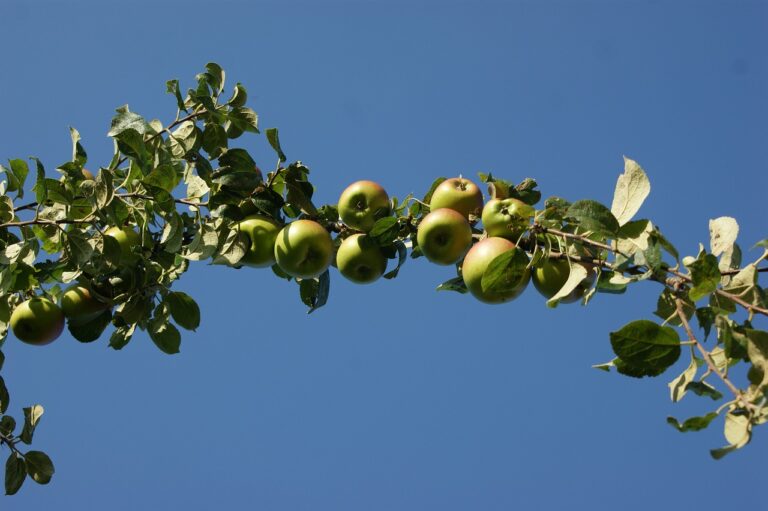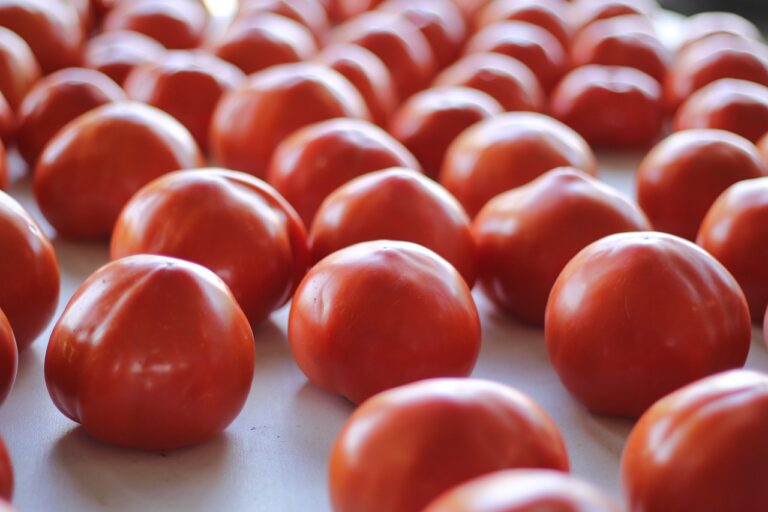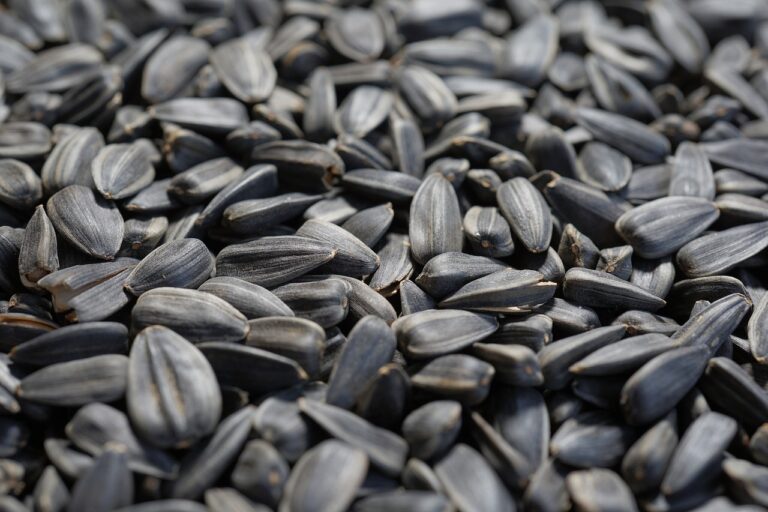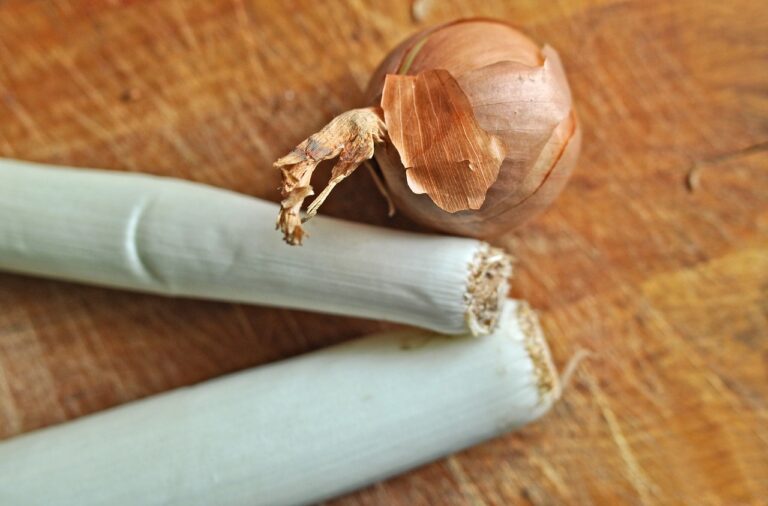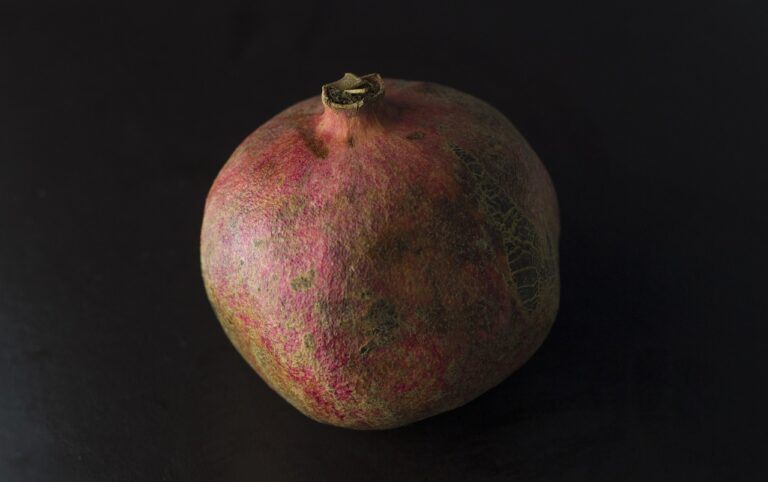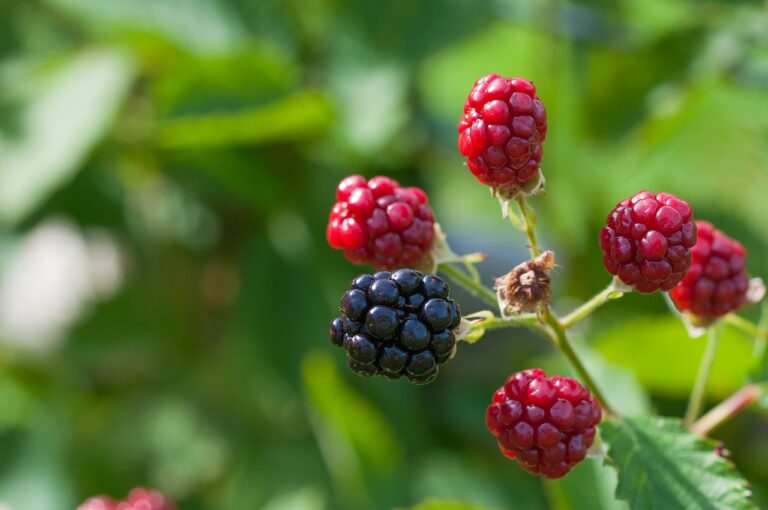Biotechnology Approaches for Enhancing Food Preservation: 11xplay reddy, Laser 247 betting, Skylivecasino
11xplay reddy, laser 247 betting, skylivecasino: Biotechnology Approaches for Enhancing Food Preservation
Food preservation is a critical aspect of the food industry, ensuring that food products remain safe and fresh for consumers. Biotechnology has revolutionized the way we preserve food by introducing innovative approaches that improve shelf life, reduce waste, and enhance food safety. In this article, we will explore some biotechnology approaches for enhancing food preservation and their impact on the industry.
1. Introduction to Biotechnology in Food Preservation
Biotechnology in food preservation involves the use of living organisms or their derivatives to improve the shelf life and safety of food products. This can include the use of enzymes, microbes, and genetic engineering to enhance food quality and reduce spoilage.
2. Fermentation
Fermentation is a traditional biotechnology approach that has been used for centuries to preserve food. It involves the use of beneficial bacteria or yeast to convert sugars into acids, alcohol, or gases, inhibiting the growth of harmful bacteria and extending the shelf life of food products.
3. Microbial Cultures
The use of specific microbial cultures in food production can enhance preservation by promoting the growth of beneficial bacteria while inhibiting the growth of pathogens. Probiotics, for example, are live microorganisms that can improve gut health and extend the shelf life of dairy products.
4. Enzymes
Enzymes are biological catalysts that can break down complex molecules into simpler compounds, improving the texture, flavor, and shelf life of food products. Enzymes such as proteases, lipases, and amylases are commonly used in food processing to enhance preservation.
5. Genetic Engineering
Genetic engineering allows scientists to modify the DNA of organisms to improve their characteristics, such as resistance to pathogens or tolerance to environmental stress. Genetically modified crops, for example, can be engineered to produce natural pesticides or resist spoilage, enhancing their preservation.
6. Nanotechnology
Nanotechnology involves the manipulation of materials at the nanoscale to create innovative solutions for food preservation. Nanoencapsulation, for example, can protect bioactive compounds from degradation and improve their stability, extending the shelf life of food products.
FAQs
Q: What are the benefits of using biotechnology in food preservation?
A: Biotechnology approaches can improve food safety, extend shelf life, reduce waste, and enhance nutritional value, ensuring that consumers have access to safe and high-quality food products.
Q: Are biotechnology approaches safe for consumption?
A: Biotechnology approaches undergo rigorous testing and regulatory approval to ensure their safety for consumption. The use of biotechnology in food preservation is subject to strict guidelines to protect consumer health.
In conclusion, biotechnology has the potential to revolutionize the way we preserve food, offering innovative solutions that improve safety, reduce waste, and enhance the quality of food products. By harnessing the power of living organisms and genetic engineering, we can ensure that consumers have access to safe and nutritious food for years to come.

